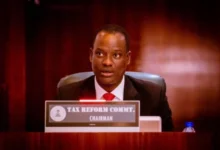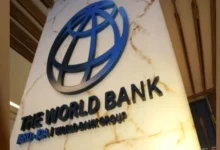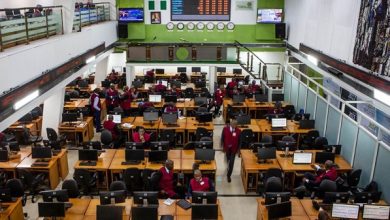Experts renew call for alternative capital formation

• Hinge sustainable liquidity inflow on securities lending, others
To accelerate stock market growth and mobilise savings for liquidity post-elections, experts have renewed call for the creation of alternative pool of capital formation aside the pension fund in the market.
Experts, who spoke in a telephone interview with The Guardian at the weekend, argued that the market is currently in dire need of other capital structure such as securities lending, control marginal lending, market making, and stabilisation fund, if it must sustain post election rally.
Indeed, they pointed out that given the risk and caution attached to pension fund management, another big pool of capital becomes imperative to enable the nation’s capital market compete favourably in the global market.
The President, Nigerian Stock Exchange (NSE), Abimbola Ogunbanjo, recently noted that despite the achievement in the pension industry, which is reputed as one of the fastest growing in Nigeria, there is still a lot of ground to cover.
He added that the ratio of Nigeria’s pension assets to the gross domestic product (GDP) hovers around seven per cent, compared to other African regional hubs like South Africa, and Kenya, whose pension assets to GDP is at 52 and 40 per cent respectively.
According to the experts, having the pension fund as the only significant savings pool in the capital market will local limit investment expansion, and deter the market’s sustainable growth.
They posited that establishing securities lending and controlled margin lending would enable investors buy only stocks that are valuable, while market making enhances cash and stocks liquidity.
Stabilisation fund on the other hand, will ensure stability in the prices of stocks, and must work alongside the three other structures to enhance efficiency.
Specifically, the Former President, Chartered Institute of Stockbrokers (CIS), Ariyo Orisekun, said: “With securities lending and control margin lending, people will not just borrow to buy any stock, instead, they will buy only stocks on the margin list made up of stocks that are valuable. This will ensure that there is a buyer whenever a stockbroker wants to sell such stocks. It would be reviewed from time to time.
“Again, the stabilisation fund must be properly managed, the fund must be created to serve as an intervention measure in the market from time to time for the market with a carefully set out criteria.
“If the fund is working properly with the three other structures, no stock would be overvalued or significantly undervalued. Once price starts going below the intrinsic value, you then see the intervention fund coming into play.”
The Managing Director, Chapel Hill Denham, Bolaji Balogun, explained that the market currently has pension fund as the only significant savings pool, noting that due to the level of risk and caution attached to pension fund management, it becomes imperative that another big pool of capital is formed in the market.
“If we do not create other pools of savings and investment within the next four to five years, the market will not witness any significant growth. We need to build a deeper savings and investment from strong buy-side, which will lift capacity and create products that will be dispensed. Pension fund needs to be managed in a safe and conservative way, so it cannot be the only big pool of capital in the country.”
The Chairman of NASD Plc, Olutola Mobolurin, said the local private equity and venture capital must be promoted to attract more Nigerians into the business and reduce unemployment.
He said: “Growth comes from investment and investment from savings; foreign investors are tapping from the savings of other people. We must initiate policies that encourage savings and woo Nigerians in Diaspora to bring their money and save in Nigeria.
“A lot of Nigerians’ savings are abroad. We must encourage domestic investment, if we do that, people that have money outside will bring it back home. We need venture capital fund to get more Nigerians into business. When there is no capital and institutional framework, it would be difficult for Nigerians in Diaspora to invest in the country.”











